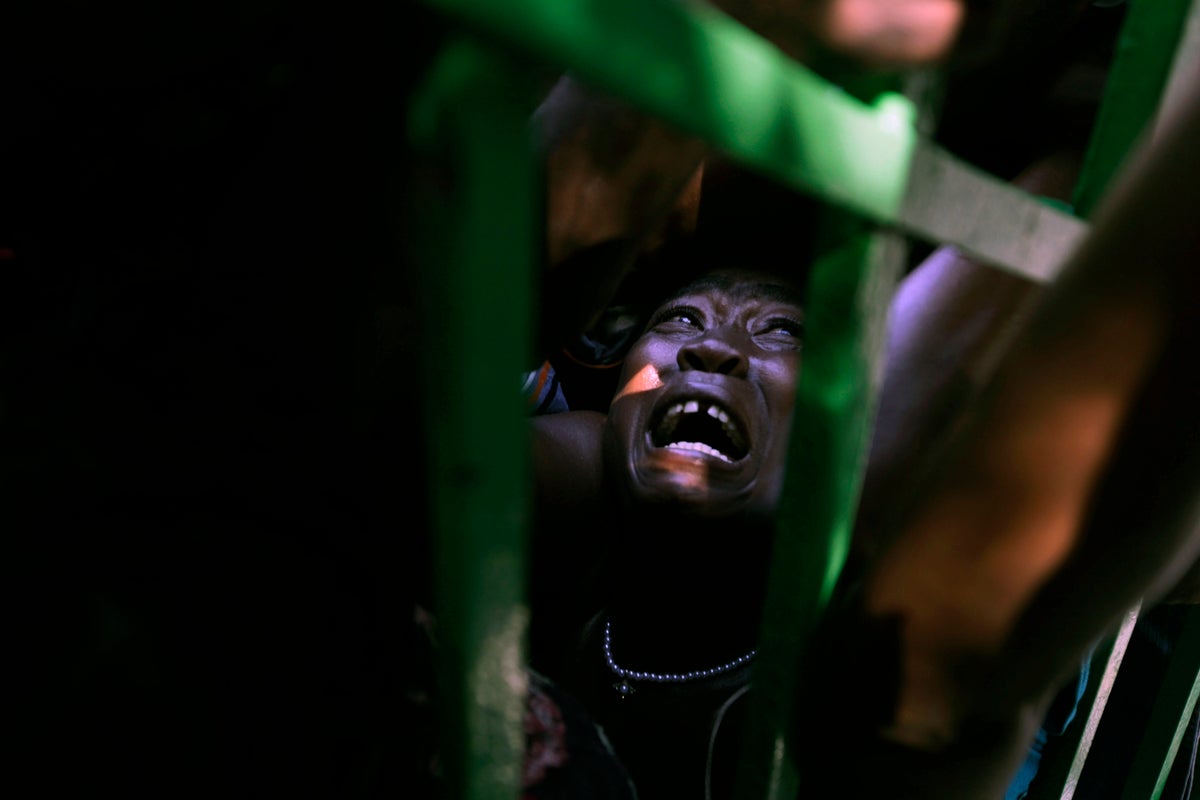
The U.S. Agency for International Development built only half of eight major projects meant to help Haiti recover from a devastating 2010 earthquake, a federal audit report said Thursday.
The U.S. Government Accountability Office also found that most of the agency’s projects were delayed, had to be scaled back or turned out to be more expensive than planned.
The report is the newest one to scrutinize how billions of dollars were spent to help Haiti in the aftermath of the magnitude 7.0 earthquake that the Haitian government estimates killed some 300,000 people.
USAID projects to rehabilitate rural roads, expand a power plant at an industrial park and build a $4.2 million port in northern Haiti were canceled. In addition, only about 900 out of 4,000 planned homes were built, given unanticipated high costs, the audit found.
“Pursuing overly ambitious plans resulted in delays, cost increases, reduced scopes, canceled activities and a costly redesign,” the 93-page report said.
The report said USAID did not completely or consistently track or assess the results of infrastructure projects.
The agency also failed to analyze the effectiveness of its efforts to develop Haiti’s National Police through training, equipment and technical assistance, the report said. But it added that political instability, violence and civil unrest hampered efforts to help a police force that is overwhelmed by powerful gangs that control more than half of the capital of Port-au-Prince.
The report said USAID build a $74 million power plant and improved 24 health and public facilities as part of a continuing $89 million health infrastructure program.
The audit also found that USAID improved local tax systems, increased HIV testing and related services and helped farmers access agricultural markets and negotiate better prices for their products via a mobile communications system.
Overall, USAID spent $2 billion helping Haiti rebuild and develop in the fiscal years 2010 to 2020, the audit said.
“These activities have been critical to supporting Haiti after a series of devastating catastrophes and setbacks, but their effectiveness is not fully known,” the report said.
USAID said it has taken steps to make improvements, including awarding a new contract to collect and analyze data to scrutinize current and past efforts.
The office of Haiti's prime minister did not return a message asking for comment on the report's findings.
Haiti is still trying to recover from the 2010 earthquake as well as a magnitude 7.2 quake that struck in August 2021, killing more than 2,200 people and damaging more than 130,000 buildings.






